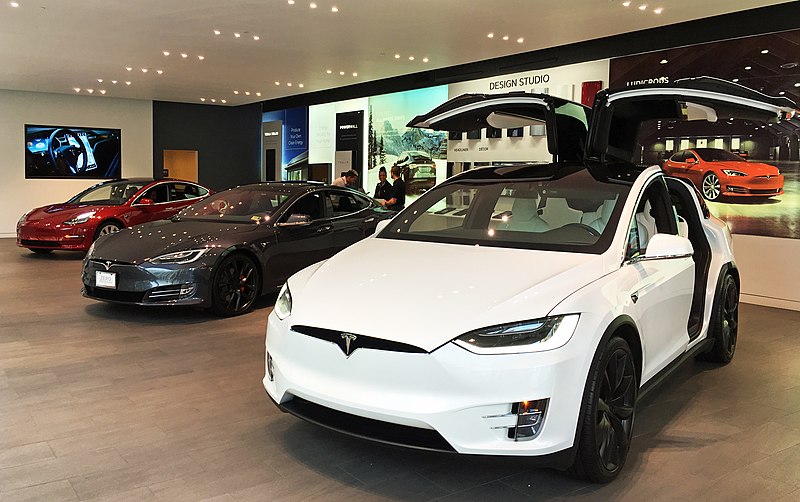Thinking of investing in an all-electric vehicle? Hybrids have become a popular option in recent years, but all-electric models are fairly new to the market. Branded as being better for the environment (and your wallet), all-electric cars are slowly starting to make their way into the mainstream.
If you’re thinking of buying an all-electric car, it’s important to take the pros and cons into account. Here, you’ll discover everything you need to know about electric cars and the pros and cons they deliver.
What is an all-electric car?
All-electric cars come with a battery pack which is connected to an electric motor. This powers the car and all of its electrical features such as the stereo and air conditioning. The main difference between these and petrol or diesel cars is that they need to be plugged in to electrically charge.
There are electric charging stations throughout the country, with more being added every day. However, typically you’ll need to charge an electric car at home through your mains supply.
What insurance and cover will you need?
Like any car, you’ll still need to have insurance for an electric model. However, not all insurance companies cover electric cars in their policies. You’ll need to opt for an insurer like ALA which provides specialist BMW i3 warranties for example.
The insurance cover you’ll need is exactly the same as it would be for a petrol or diesel model. However, some insurers do give you the option to go with more specific cover policies so it’s best to compare your options.
The pros and cons
There are a lot of pros that come from investing in an all-electric model. The main ones include:
- They are cheaper to run
- Better for the environment
- Easier to charge
The cost-saving benefits are undoubtedly the biggest appeal of electric vehicles. While they aren’t necessarily cheaper to buy, they are cheaper to run. Compared to petrol and diesel, electricity is much more affordable. You’ll also find electric models are often exempt from road tax and congestion charges. They also contain fewer moving parts than petrol or diesel cars, resulting in fewer maintenance costs.
Of course, electric vehicles are also better for the environment. They don’t emit any greenhouse gases or tailpipe emissions. This doesn’t just benefit the environment itself, but it benefits air quality too. Thousands of people die from air pollution in cities each year, so doing your part to reduce emissions is essential.
Of course, there are also a few downsides you should consider too. At the moment, it’s hard to find charging stations, although more are being continuously introduced. Their driving range is also pretty limited and the initial cost of purchasing one is more expensive than petrol or diesel models.
When deciding whether or not an electric car is right for you, it’s important to take into account both the pros and the cons. Eventually, petrol and diesel models are set to be replaced by all-electric and hybrid models. So, investing in an electric car now could help you to prepare for the future.

